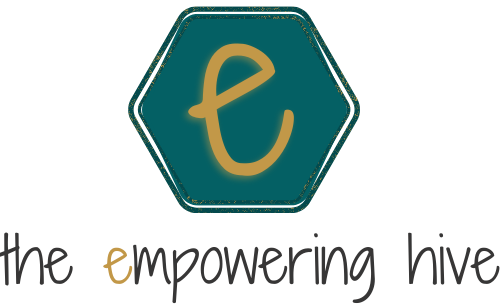From Self-Sabotage to Self-Realization: Biodecoding in the Workplace
We are often unaware of the ways we self-sabotage in our lives. I frequently encounter people who are convinced they support their progress and success. But as we dig deeper, various patterns become evident, often surprising the person involved.
These behaviours feel natural because they’ve been a recurring part of our lives, making them nearly imperceptible. By becoming aware of them, we’ve already taken the first step toward overcoming them. We can’t address a problem if we don’t first recognise it.
What is Self-Sabotage, and How Does It Manifest in Daily Life?
Self-sabotage is often an unconscious mechanism we use to prevent a specific outcome. We engage in actions that contradict our intended direction in life. But why would we want to avoid something we desire? Achieving our goals often brings about changes and consequences—both positive and negative.
Sometimes, reaching our goals means giving up certain things. For instance, it's hard to be famous and avoid exposure simultaneously or expect to become a new person without changing our habits or behaviours. Change is inevitable, and that can be not very comforting.
In other cases, underlying fears may be at play. We might be afraid of something that might never actually happen, but the fear alone can cause us to avoid taking action. This fear usually stems from limiting beliefs about the situation or our future.
In the workplace, self-sabotage can manifest as:
- Stagnation in career development
- Constant obstacles in achieving specific goals
- Frustrated results despite significant effort
- Dissatisfaction with earnings
- Dysfunctional workplace relationships
What Are the Most Common Limiting Beliefs?
Limiting beliefs about success are deeply ingrained thoughts that prevent us from reaching our full potential. These beliefs are often based on fears, insecurities, or past experiences.
While there are countless limiting beliefs, here are some of the most common:
- Not believing you deserve success.
This can stem from a sense of guilt or a complicated family background. For example, if someone feels that succeeding would make them feel out of place, especially if their family has made sacrifices. They might feel unworthy of doing better than their family.
- Fear of success; success is dangerous.
This fear is as common as the fear of failure. Success can mean changes in our life circumstances, which might result in people drifting away, even though new connections might also form. Life might not be the same as it is now, which can be unsettling.
- Success is only achievable in one specific way.
While we have an idea of success, we may cling so tightly to that idea that we miss out on other favourable opportunities. It’s essential to have clear goals, but it’s also crucial to go with the flow of life and seize unexpected opportunities. These opportunities can lead us to places far better than we initially imagined.
Many people also live by a “should be” mentality instead of a “want to be” mindset, influenced by beliefs that aren’t indeed their own.
How Can Coaching and Biodecoding Help?
These techniques are valuable because they help uncover the limiting beliefs that prevent us from moving forward.
Biodecoding identifies these beliefs by examining past experiences, potentially tracing back to the origin of the trauma related to success (in this case, in the workplace) that may have led to the belief. This issue can stem from the individual’s own life or be inherited from parents or ancestors. Once identified, the focus is on reframing the experience from a new perspective.
Conversely, coaching challenges these beliefs and provides activities to develop new behaviour patterns, skills, and tools to navigate and overcome potential self-sabotage.
By addressing both the underlying beliefs and the practical steps needed to move forward, we pave the way from self-sabotage to self-realization. Embracing this journey allows us to unlock our true potential and achieve success that aligns with our deepest aspirations. In this process, we transform our professional lives and foster personal growth and fulfilment.
Want to start a new journey in your work life? Start by booking a free 30-min no-commitment video to tell me about your situation, and I can walk you through the most suitable options for you.



